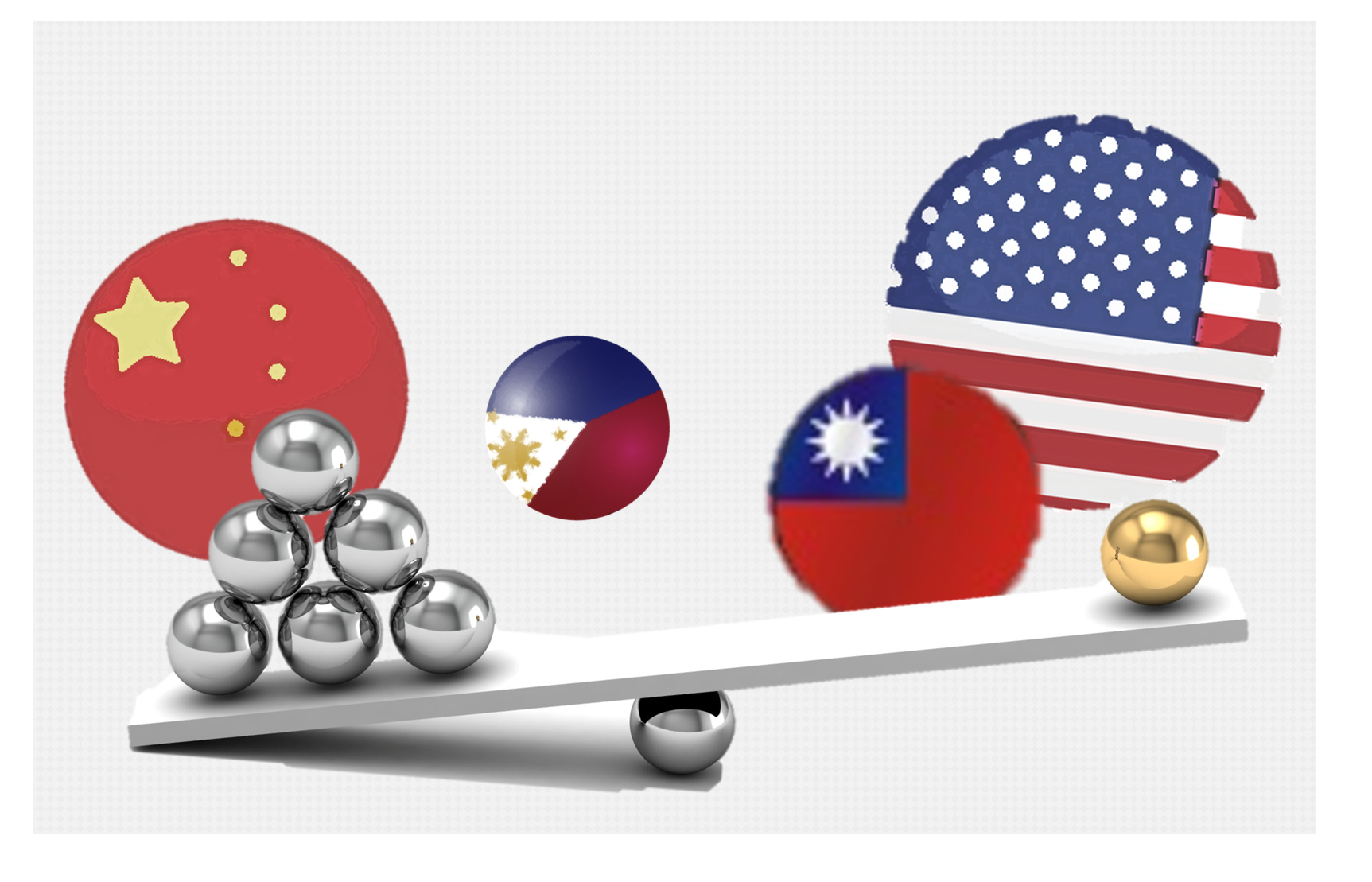Prospect Quarterly 23-2
Source: Depositphotos.
Reflections on the Offense-Defense Theory from the Perspective of US-China Strategic Competition in the South China Sea
Wei-hua Chen
(Associate Professor,
Department of Public Security, Central Police University
Abstract
This article analyzes two questions: First, has the U.S.-China strategic competition in the South China Sea moved towards an arms race? Second, China and the U.S. are investing in military resources and are striving to achieve military superiority in the South China Sea. What are the impacts on the region’s security structure, and whether the status quo has been changed?
This article uses the offense-defense theory to explain the Sino-U.S. conflict in the South China Sea. Through a theoretical perspective, we can understand the driving factors behind China’s intensified militarization of the South China Sea in recent years, as well as the Biden administration’s active integration of the U.S.-led military alliances and the construction of a New Indo-Pacific Security Architecture. Based on these propositions, this article verifies the inference from an offense-defense theoretical perspective.
Keywords: South China Sea Militarization, Indo-Pacific Strategy, Land Reclamation, Freedom of Navigation Operations, Offense-defense Balanc
Pattern Analysis of the Sino-Philippine Confrontation in the Disputed Maritime Features in the South China Sea
Yu-cheng Chen
(Assistant professor,
Graduate Institute of China Military Affairs Studies, National Defense University)
Chih-wen Ku
(Assistant professor,
Department of Political Science, National Defense University)
Abstract
This article examines the incidents of Mischief Reef, Scarborough Reef and Whitsun Reef between China and the Philippines through the Analogy Method behind the Sino-Philippine Confrontation method. Research has established that China conducted the following steps with regards to its maritime confrontation with the Philippines: (1) gaining quantitative advantages through its fishing fleet to cause disputes; (2) observing the degree of reaction and attitude of the Philippine government and the international community; (3) if there were no significant protests from international community, China would begin to control the sea area and eventually conduct reclamation and militarization of maritime features. This article found the following intentions behind the Whitsun Reef incident: (1) occupation of an important strategic position; (2) strengthening sovereignty claims and maritime jurisdiction capabilities; (3) taking stock of the international communities’ willingness to involve itself in this particular geopolitical situation.
Keywords: Administrative Jurisdiction, Nine-Dash Line, Whitsun Reef, Maritime Militia, Sovereignty Claim
A Study of Trade Quarrels: Taiwan’s Cases on Beef, Pork, and Pineapples
Wei-en Tan
(Associate Professor,
Graduate Institute of International Politics, National Chung Hsing University)
Abstract
When a WTO member is the importer in a transaction, it can, under certain conditions, decide not to fulfill its commitment to trade liberalization. At that moment, the importer and the exporter will have a trade quarrel (conceptually and empirically distinct from a trade dispute). This paper explores what variable(s) cause such quarrels. Through the study of Taiwan, which is both an importer and exporter, and the related cases of Taiwan’s meat and fruit trade quarrels, this paper demonstrates that the exporter’s economic interests are the key to triggering such quarrels, regardless of the types of goods, the attribute of events, and whether international standards are neutral or not. However, when the exporter is a small country in terms of its state power, it is difficult to imitate the way that powerful states defend their interests; therefore, small countries are more often at a disadvantage in trade quarrels.
Keywords: Trade Quarrels, Economic Interests, Health Security, Conflict of Legal Rights, Technopolitics

